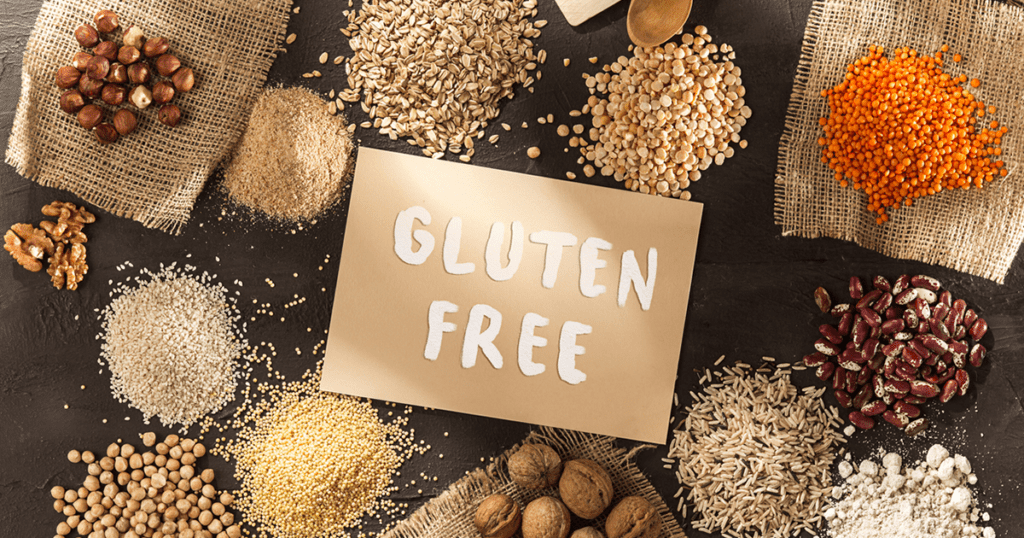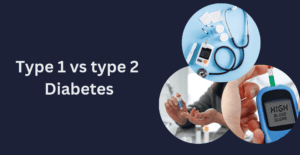Gluten is not necessarily harmful to people with diabetes, and most people will not need to follow a gluten-free diet. However, a gluten-free diet may provide benefits for some people with diabetes.
Gluten is a type of protein found in certain grains. These include wheat, barley, and rye. Gluten can cause inflammation of the small intestine in people with celiac disease. This can result in symptoms that include:
- Abdominal pain
- Diarrhea
- Gas
- Anemia
- Joint and muscle pain
- Skin conditions
- Fatigue
It’s necessary to follow a gluten-free diet for the rest of your life if you have celiac disease.
Gluten and Diabetes
The link between gluten and diabetes differs according to the type of diabetes:
- Type 1 diabetes has links to celiac disease because they are both autoimmune conditions. People with diabetes and celiac disease should avoid gluten.
- Type 2 diabetes is not an autoimmune condition and has no links with celiac disease.
While gluten itself is typically safe for people with diabetes, many foods that contain gluten, such as white bread and biscuits, also contain sugars and carbohydrates. These types of food can have a significant impact on blood sugar levels, so people with diabetes should limit how much they consume.
It is also important to note that gluten-free foods contain carbohydrates and calories. These foods can still impact blood glucose and cause weight gain, so people should still monitor their intake.
If you have diabetes and celiac disease, you should go gluten-free. It’s the only way to avoid the pain and damage caused by eating even a little gluten. Consult a dietitian who’s also a certified diabetes educator about switching to a gluten-free diet.
A diet that you can follow:
Breakfast – Hot cereal topped with yogurt (55 g carb)
- 1/2 cup cooked (¼ cup uncooked) buckwheat with flaxseed (33 g carb)
- ½ cup nonfat Greek yogurt (5 g carb)
- 2 tsp honey (12 g carb)
- 10 hazelnuts chopped (5 g carb)
- ½ tsp ground cinnamon (0 g carb)
AM Snack – Apple and cheese (15 g carb)
- 1 small apple (15 g carb)
- 1 oz cheddar cheese (0 g carb)
Lunch – Ranch Chicken Wrap (64 g carb)
- 1 gluten-free tortilla (17 g carb)
- 1 cup romaine lettuce, shredded (1 g carb)
- 2 tbsp ranch dressing (2 g carb)
- 1 tbsp salsa (1 g carb)
- 18 Sea Salt Popped Edamame Chips (22 g carb)
- Pear fruit cup (21 g carb)
- 2 oz chicken breast (0 g carb)
PM Snack – Crackers and dip (32 g carb)
- 15 Crunch master’s Smoked BBQ Multi-Grain Crackers (23 g carb)
- 2 tbsp serving Romesco dip (9 g carb)
Dinner – Spaghetti Squash Carbonara with Garlic Bread (36 g carb)
- 1 serving Jones Dairy Farm Baked Spaghetti Squash Carbonara (8 g carb)
- 2 slices Udi’s Gluten-Free White Sandwich Bread (22 g carb)
- 2 tsp garlic spread, 1 tbsp grated parmesan cheese (0 g carb)
- 1 cup broccoli (6 g carb)
Conclusion
People who are living with celiac disease or nonceliac gluten sensitivities and diabetes must avoid gluten. Registered dietitians can help people with diabetes and celiac disease or nonceliac gluten sensitivities create healthful meal plans.









